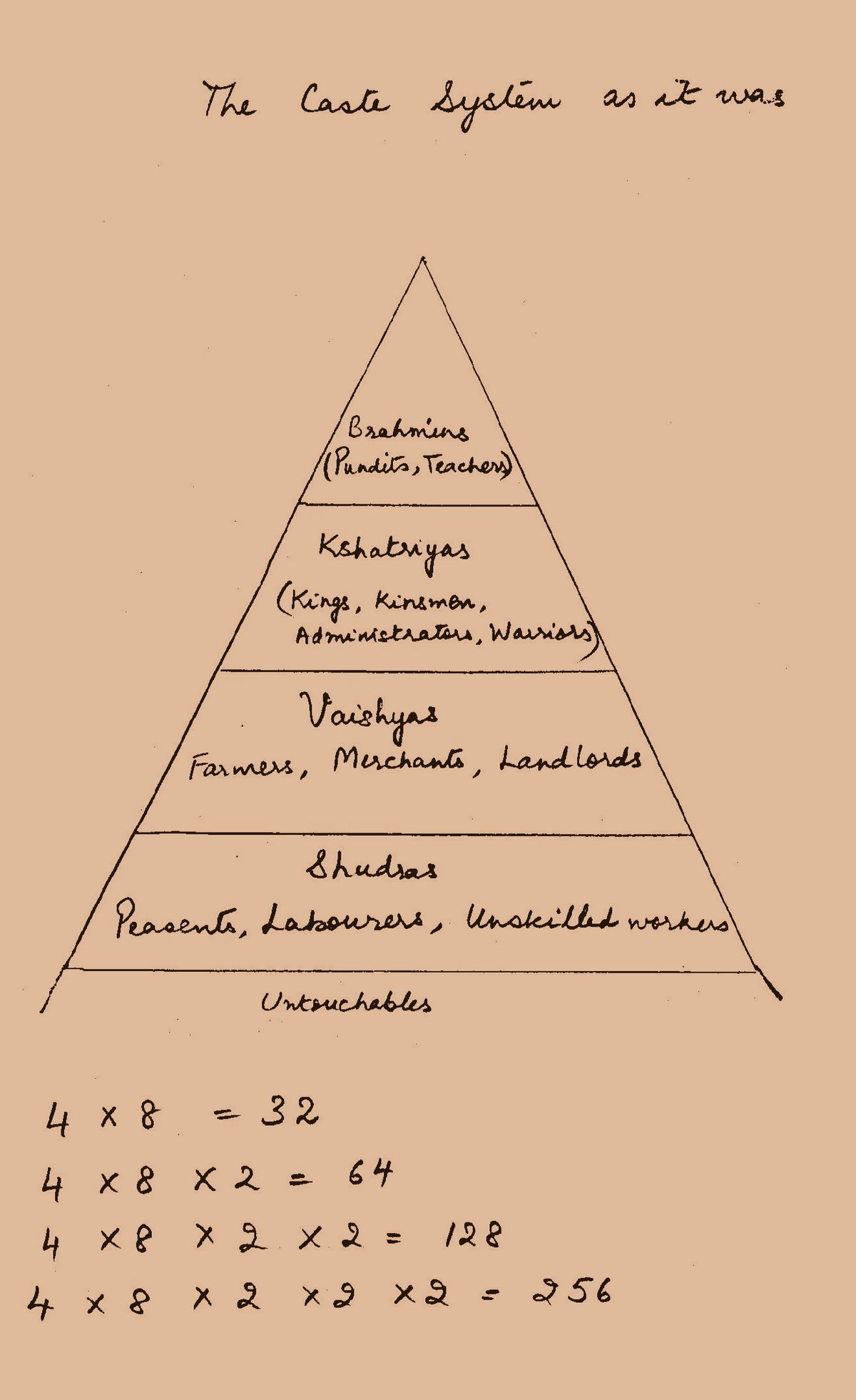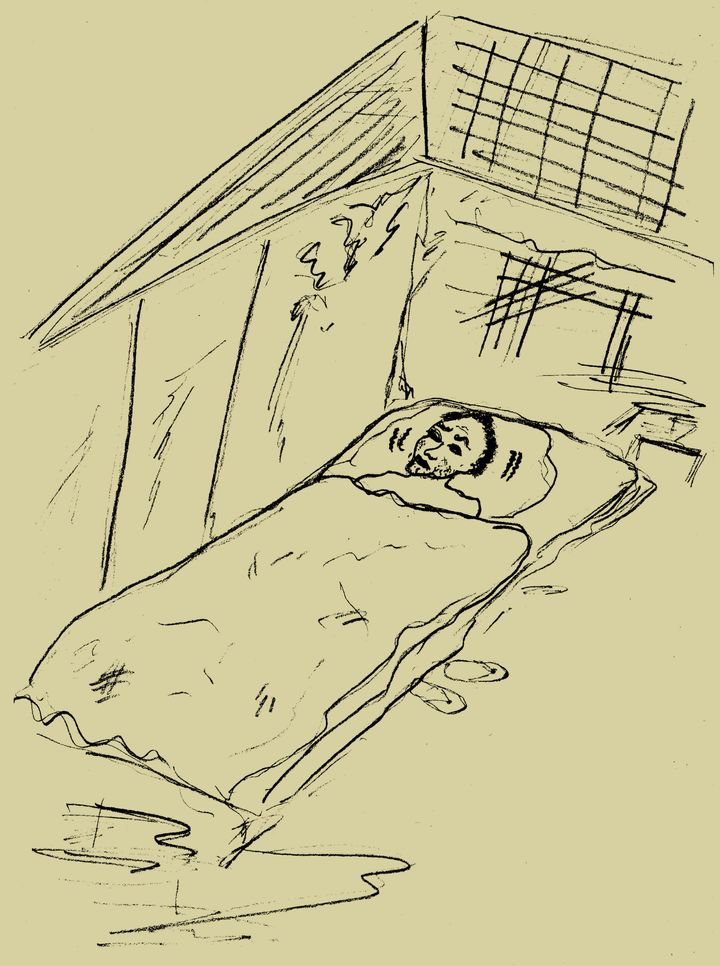Justice By The King!

“When the Lord metes out a punishment, it may appear harsh. The penalty depends on the time, place and the circumstances in which the Lord acts.” (BHAGWAN BABA)
Once upon a time, a matter of theft was brought to the court of a King. The thief was produced before the king and his council of ministers. He had stolen four gold coins from a goldsmith. The fellow begged for forgiveness and promised to return the four gold coins to the rightful owner. Now, this seemed to be enough in the view of the council of ministers, that the property stolen be returned to its rightful owner. But on second thoughts, was it enough? Should not there be a deterrent in the punishment, that the offender does not dare to commit the offence again?
The king here asked the offender, “To which caste do you belong?” The lawyer for the thief asked out of curiosity, “What does that have to do with it? An offender is an offender, whatever may his caste be.” But the king had his own viewpoint. He insisted on knowing. The offender turned out to be a Kshatriya. He was fined 128 gold coins!
Why?
The king said, “If you were a Shudra, I would fine you with eight times the value of the stolen goods, so you would have had to pay thirty two coins. Had you been a Vaishya, I would penalise you with twice the amount I would charge from the Shudra, so you would be liable to pay sixteen times. Since you are a Kshatriya, you shall pay double the amount payable by a Vaishya offender. Resultantly, you have to pay thirty two times. Hence, 128 gold coins. And mind you, had you been a Brahmin, I would have charged you double of this too!”
There was a pregnant silence in the court… Why this discrimination? The king went on for the benefit of all present. Responsibilities and privileges he said had to go hand in hand.
The caste of a man is not to be judged merely by his birth. It is to be adjudicated by his education and the profession he follows. Being in a certain position in life he is assumed to be having a certain level of intellect and hence the ability to comprehend the difference between right and wrong as well as the seriousness of the crime. An uneducated person, who is barely able to make ends meet, cannot be expected to be as mentally evolved as an educated person in a responsible position in society. So the punishment should be commensurate with his persona physical, intellectual and social too.
The Manu Smriti is said to be the Shastra of Manava Dharma. It says –
“Justice, being violated, destroys; Justice, being preserved, preserves; Therefore, justice must not be violated; Lest violated justice destroy us.”
If injustice is done; if a wrong verdict is passed; it is said that the guilt of injustice is borne in four equal parts by the offender, the false witnesses, the judges and the king! Whereas if justice is done, the judges are saved from sin and the guilt falls on the perpetrator alone!
We as Hindus believe in the theory of Karma and past lives. Isn’t it true that Justice follows men even after death… even after they leave the body? At many a juncture in life, we wonder at the
‘why’ of things happening to us or to others around us , Both good and bad. It makes me think … perhaps justice is being pronounced!


Comments ()